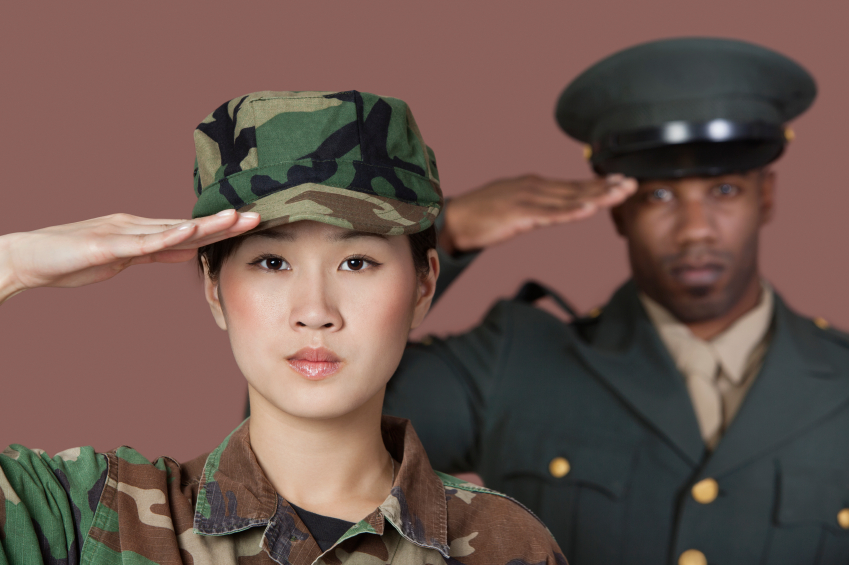This week, in honor of Public Service Recognition Week, we asked some of our community to reflect on their public service stories. To read more of their stories click here. If you know an excellent public servant send them an e-card or invite them to happy hour on GovLoop!
I went to a university that had adopted a new general education curriculum the summer before my class matriculated. We were given the option to be grandfathered into the old gen-eds or study under the new ones. What was the difference between the two? Gym class; under the old gen-eds, students were required to take two physical education classes, but the new gen-eds eliminated physical education and instead required students to do experiential learning, or an internship. Of course I’d pick the new gen-eds.
When I was doing research to fulfill my experiential learning requirement, I discovered the Workforce Recruitment Program (WRP). The WRP is a program that connects employers, especially the federal government, with qualified college students and recent graduates that have disabilities. Jobs offered through the WRP can be permanent or temporary.
I signed up for the WRP my sophomore year in college on a whim. After a second round of interviews, I accepted a summer intern position at the Defense Technical Information Center (DTIC). My assignment, specifically, was to analyze research databases to make sure that DTIC’s database contained everything that another database said we did.
The military has been a constant presence in my life, before I even accepted my WRP Summer Hire position with DTIC. Air Force jet noise drowned out teachers’ lectures. Naval homecomings, goodbyes, and sea trials were mainstay features in the local newspapers. Seasonal artillery practice from the Army and the Coast Guard were as regular as thunderstorms. Field trips to Jamestown, the Yorktown Battlefield, and Colonial Williamsburg were annual rituals for school and summer camp.
When I arrived at DTIC, it wasn’t lost on me that I had returned to the community in which I grew up. There was something comforting about it. What was lost on me was how integral the humanities were, and are, to public service. As far as I knew growing up, public service was based on sciences and technologies. I preferred the humanities instead; especially books, both reading and writing. What did that have to do with anything in the Department of Defense?
The team at DTIC, a team of librarians and research analysts, showed me otherwise. That WRP assignment to analyze research databases combined my three most favorite things; history, research, and libraries. I learned many things that summer, but the biggest lessons were twofold. First, that public service is not what I thought it was; it was better. Second, the idea of serving my country was a very important one.
These lessons were cemented when I re-enrolled in WRP and returned to DTIC for another summer internship. In this second summer, the DTIC team showed me that public service requires backgrounds, talents, and skills in all sorts of things. A future librarian who loved, more than anything, to write research papers absolutely unequivocally had a place not just in public service, but also in the Department of Defense.
It makes sense that the military and connections to our national history would follow me to college and beyond. I studied in Fredericksburg, walking distance from George Washington’s childhood home and from the Fredericksburg Battlefield. To study near a battlefield after growing up near a battlefield was a coincidence. To fall into an internship, and eventually a career, that supported the Armed Forces like the community I had grown up in did? It wasn’t a coincidence anymore.
Public service is in my blood. It runs in my family, on both sides. Army veterans. A Marine Corps pilot. Military spouses. Teachers. A lunch lady. Firefighters. A nurse and hospital administrators. Shipyard workers that build aircraft carriers and submarines. A NASA communications specialist. A meat inspector. A telecommunications specialist for electric utilities. I didn’t think I’d ever join their ranks.
But I’ve realized, over the last several years working for the Department of Defense and seeing the thread of service throughout my whole life, that I have been called to service.
And it started with how much I really hated gym class.





Leave a Reply
You must be logged in to post a comment.